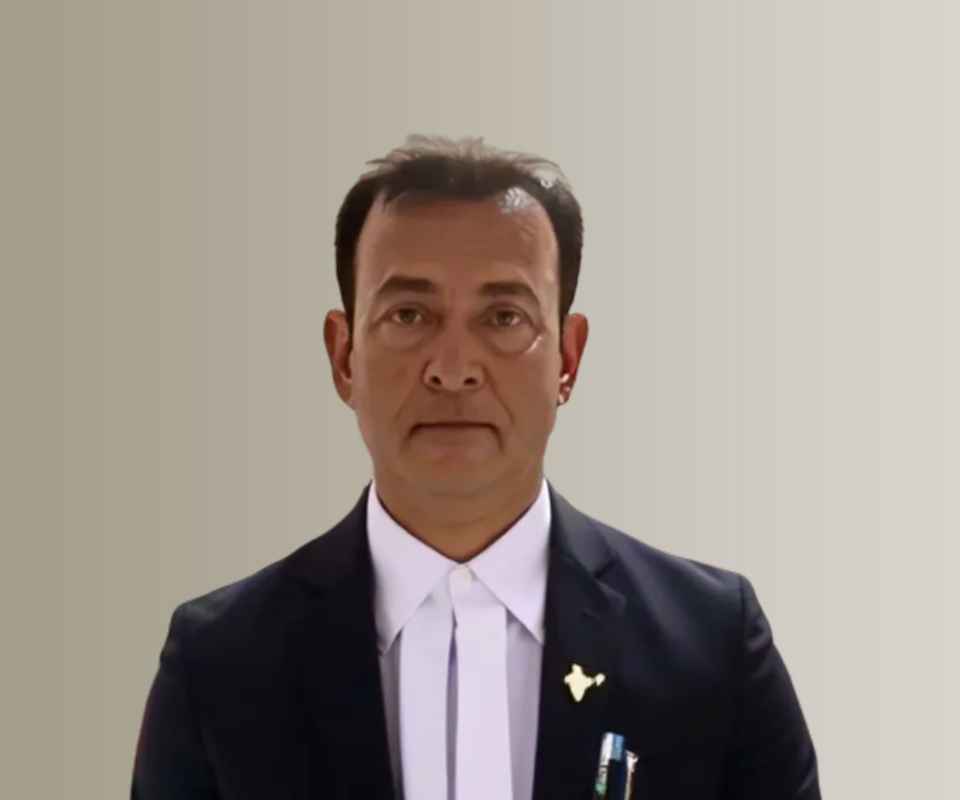Answer By law4u team
Yes, a person can seek a divorce if their spouse is incarcerated. The grounds for divorce may vary based on the jurisdiction and the specific laws applicable to the individual's situation. In many legal systems, imprisonment or incarceration is recognized as one of the grounds for divorce. Here are some general points to consider: Grounds for Divorce: In jurisdictions where imprisonment is recognized as a ground for divorce, it is typically considered a form of marital fault or a valid reason for the breakdown of the marriage. The specific legal provisions may vary, so it's important to consult with a family law attorney familiar with the laws of the relevant jurisdiction. Duration of Incarceration: The length of the spouse's imprisonment may be a factor in determining the grounds for divorce. Some jurisdictions may have specific requirements, such as a minimum duration of incarceration, before it can be considered a valid ground for divorce. Legal Process: The process of seeking a divorce when a spouse is incarcerated is generally similar to other divorce cases. The person seeking the divorce (the petitioner) needs to file a divorce petition with the appropriate court, citing the grounds for divorce, including imprisonment. Jurisdictional Variations: It's crucial to be aware that divorce laws can vary between jurisdictions, and the specific grounds for divorce may differ. The legal system may also consider factors such as whether the imprisonment is due to criminal conviction or other circumstances. Consulting with an Attorney: To navigate the legal complexities involved in seeking a divorce when a spouse is incarcerated, it is advisable to consult with a family law attorney. An attorney can provide guidance on the specific laws applicable to the case, the documentation required, and the steps involved in the divorce process. It's important to note that laws can change, and the information provided here is general in nature. For accurate and up-to-date advice tailored to a specific situation, individuals should consult with a legal professional familiar with the family laws of their jurisdiction.









